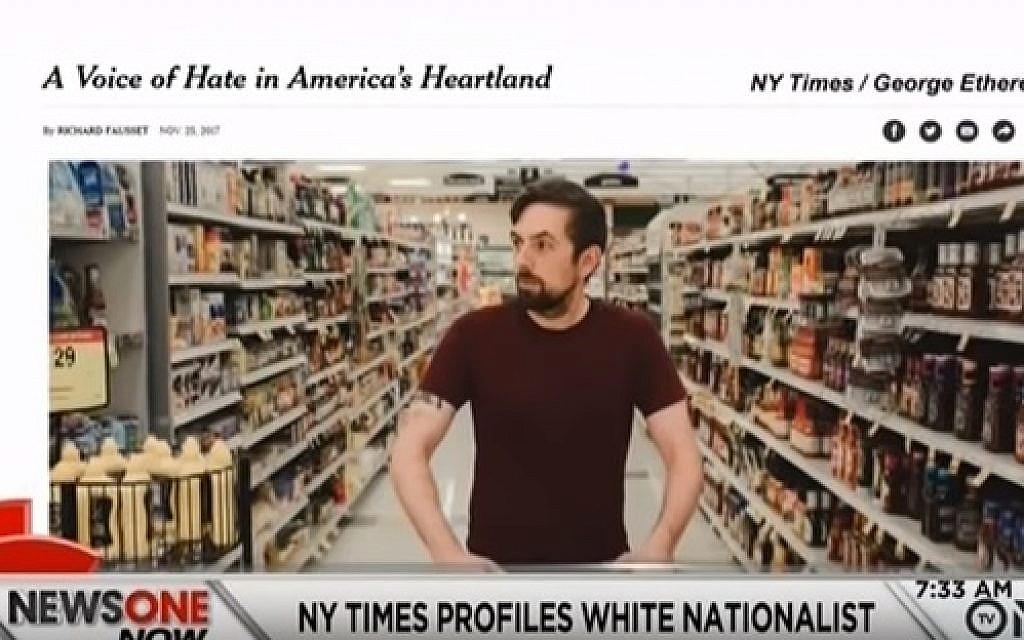Nick Henthorn
nh685616@ohio.edu
Granted I have not been around long, and I have been paying attention to global affairs for a time even shorter than that, but I don't think we have ever seen something quite like this.
The issue of covering hate groups is a new one. It is one that demands a certain nuance, despite the itching first impulse to simply say that none of these groups deserve our attention. When it comes to groups of prejudice, one cannot go far without noticing the white nationalists, inextricably linked to a rally that left a woman dead in Charlottesville.
Charlottesville was neither the start nor the end of white supremacy, as a year later the same mindset could be found rallying across the street from the White House. And the problem, as well-covered as it was, especially in Charlottesville, may be if worse than it seems. If ProPublica's article citing that half of hate crime victims don't go to the police is any indication, and if USA Today's report that America's largest cities are seeing an uptick in hate crimes is to be believed, hate crimes as represented in our police reports may be akin to an iceberg, with only a small portion visible above water.
So, it has been identified as a big problem. Journalists are supposed to cover big problems, right? Well, many will say, not so fast; because coverage lends platforms to the covered. And there is a very viable concern to giving openly scornful groups a proverbial microphone to espouse whatever they believe. But we still have ethical reason to do just that.
I am not going to make some slippery-slope argument about hypothetical shrinking of the so-called "Overton Window;" I do not believe the ideas expressed by the "Unite the Right" movement or their ilk were ever inside such a window. The solution I am going to submit is more pragmatic.
We need to cover hate groups because that's the job. Truthful dissemination of pertinent information is the prime directive of any self-respecting outlet, and huge violent rallies in the cities of America objectively qualify as pertinent.
But, as Indrani Sen intimated in her column for Quartz, we do not have to humanize them. I was very disappointed when I first read the NYT article that Sen is responding to, for the same reasons as she was. Because I think the only appropriate way to cover the 'racial supremacy beat' and the like is to present the facts and the ideology and let that speak for itself, without the flowery edification of the issue.
If ever there was a time where John Milton's ethical code of total freedom of expression would work, I have to believe it is in a situation like this. I think people will be able to recognize evil when they see it, without journalists having to even say so. But when you write an article detailing an actual fascist's love of Seinfeld, you muddy the waters and put a fresh code of paint on crappy concepts. So yes, everyone knows hate groups are a issue, probably even a bigger issue than most believe; and the public will clearly see this issue, but only if we keep our ship straight, and not humanize inhuman ideas.

No comments:
Post a Comment